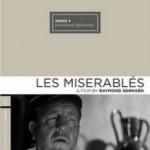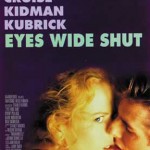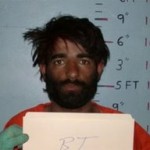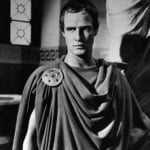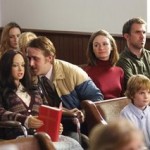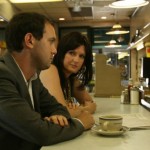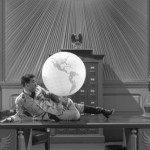Victor Hugo's novel is a timeless classic which has been retold and well loved since its inception, in part because it tells the story of ordinary people in extraordinary circumstances. The contemporary stage adaptation focuses on the antagonistic relationship between Valjean and Javert, but Bernard's film really focuses more on Valjean's spiritual development, echoing the novel's emphasis on his experience of grace and the way that it changes him gradually. Valjean is one of the great characters in the history of literature, and Harry Baur is totally up to the task of bringing him to life. The film feels less like an adaptation than a translation, and every time I assumed there would be a concession to staging or special effects--the barricades, the sewers--Bernard is able to take us there without drawing attention to the effects for effects sake. Read more

